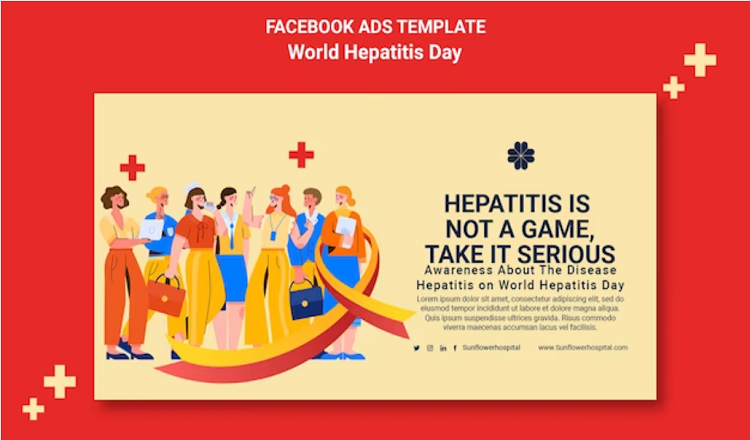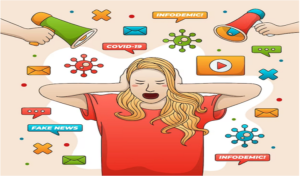Education and Awareness Campaigns for Disease Prevention

Diseases have become one of the biggest risks to human life all over the world in recent years. Even though medical science has come a long way in the past century, the number of new and unknown diseases has gone up by a lot. In this kind of situation, one of the best ways to stop diseases is to educate and raise knowledge.
Getting a handle on why disease prevention is important
The best way to deal with sickness is to stop it from happening in the first place. But for that to happen, it’s important for people to know how important prevention is. This is where campaigns to teach and raise knowledge come in. People can learn about different diseases, what causes them, and how to avoid them through these efforts.
How not knowing can hurt
Not knowing about illnesses can not only hurt your health, but it can also help them spread. Many people don’t know how important it is to do things like wash your hands often, cover your nose and mouth when you cough or sneeze, and keep your distance from other people during a pandemic.
Educating people through awareness campaigns
Education campaigns are one of the best ways to raise people’s awareness and teach them how to avoid diseases. On a national and international level, these efforts are run by many different groups and government agencies. Among the most important parts of an education programme are:
Choosing who you want to reach
To make an education campaign work, it is important to know who the effort is for. Depending on what kind of disease it is, ads may be directed at adults, children, or a specific group, like health care workers.
Getting the Message Right
The message of an education programme should be made so that it is easy for the target group to understand and has the effect that was intended. The word should stress how important it is to take precautions like getting vaccinated, keeping clean, and following good health practises.
Using more than one way to reach people
To make sure that as many people as possible hear the message of an education effort, it is important to use more than one way to reach out. Some of these ways are paper and electronic media, social media, public events, and leaflets with information.
How to Measure the Effects
To prove that an education programme works, it is important to measure its results. The results of such an effort can be seen in how people change their habits, how healthcare practises get better, and how many diseases go away.
Bringing attention to something with awareness campaigns
Awareness campaigns are like efforts to teach people something. But the main goal of these campaigns is to bring attention to a specific disease or health problem and make people aware of it. A lot of the time, these efforts include making PSAs, ads, and social media campaigns, among other things.
Why awareness campaigns are important
Awareness efforts are a big part of getting people to go to the doctor and take preventive steps. These efforts teach people about new and emerging diseases, their signs and symptoms, and how to avoid getting sick.
How to Make a Successful Campaign to Raise Awareness
To make a good awareness campaign, you need to think about the following:
Choosing the audience you want to reach
The word of a campaign to raise awareness should be tailored to the people who are supposed to hear it. To set the tone and language of a campaign, it’s important to know the demographics, wants, and feelings of the group you’re trying to reach.
Getting the Message Right
The word of a campaign to raise awareness should be clear, short, and powerful. Using big words or language can make the people you want to reach lose interest.
Choosing the Best Way to Send
A word from a campaign to raise awareness should be sent through a method that will reach the right people. This could happen on the radio, TV, signs, or social media.
Counting the Effects
Keeping track of a campaign’s results is important if you want to know how well it reached its intended audience. It’s important to keep track of how the audience reacts to the ad, figure out how it changed their behaviour, and figure out how many people it reached overall.
Conclusion
From what we’ve talked about so far, it’s clear that education and awareness campaigns are very important for preventing disease and making people more aware of health problems. Education and awareness programmes can have a big effect on public health and the spread of healthy habits if they are well-planned and use tried-and-true methods of communication. People, groups, and governments all over the world need to take part in these efforts to help people live healthier lives and stop diseases.
Read More You May Like:








